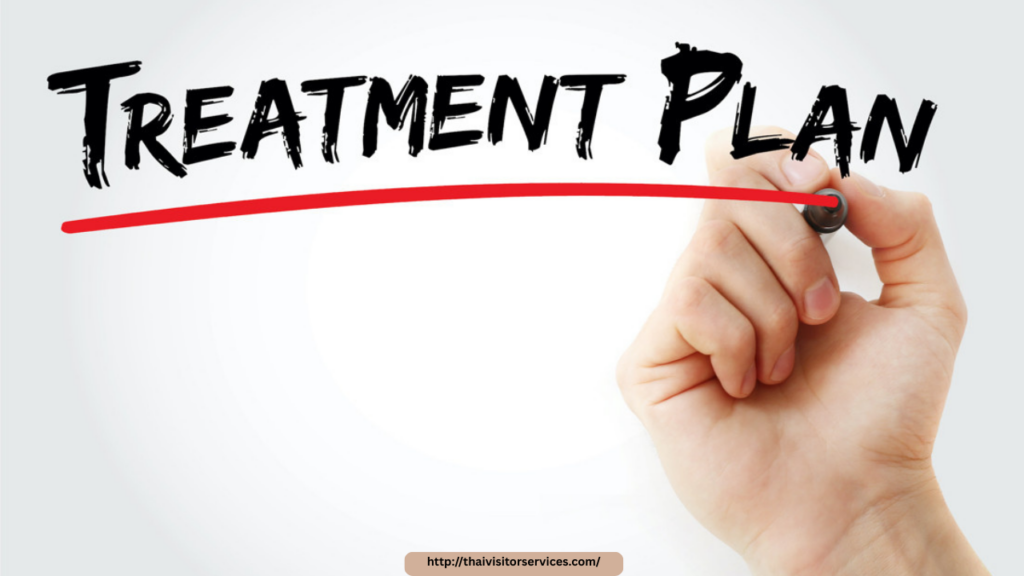
Medical travel can offer patients access to better, faster, and more affordable healthcare. However, organizing treatment abroad requires careful planning to ensure a smooth, stress-free experience. Whether seeking elective surgery, specialized procedures, or essential care, a well-thought-out plan can make medical travel an empowering and positive journey. Here’s how to effectively prepare for treatment away from home.
Research Your Destination Thoroughly
The first step is choosing the right destination. Consider countries known for excellence in the treatment you seek. Factors such as the country’s healthcare standards, language barriers, travel advisories, and cultural differences should be taken into account. Countries like Thailand, India, Costa Rica, and Germany are renowned for specific specialties and high-quality care.
Choose Accredited Hospitals and Qualified Doctors
Always opt for hospitals accredited by international bodies like the Joint Commission International (JCI) or similar organizations. Accreditation ensures the facility meets high standards of care and patient safety. Research the qualifications and experience of the doctors who will treat you. Look for reviews, success rates, and ask for patient references when possible.
Understand the Full Costs Involved
Request a detailed cost estimate that covers consultations, procedures, hospital stays, medications, and post-operative care. Don’t forget to factor in travel, accommodation, meals, and unforeseen expenses. Some hospitals offer medical travel packages that can simplify budgeting. Having clarity on costs upfront helps avoid financial surprises later.
Coordinate Travel and Accommodation Early
Plan your flights, accommodation, and local transportation well in advance. It’s advisable to stay near your medical facility to minimize travel-related stress. Many hospitals offer concierge services to assist with these arrangements. Booking flexible flight tickets can also be helpful in case your recovery takes longer than expected.
Prepare Your Medical Records
Organize all necessary medical documents, including previous test results, prescriptions, medical histories, and doctor notes. Having a comprehensive medical file ready to share with your treatment team abroad ensures they have all the information they need to provide effective care.
Arrange for Follow-Up Care
Discuss post-treatment care with both your foreign and local healthcare providers. Some treatments may require follow-up visits or rehabilitation, so it’s important to have a plan in place. Ensure you know how to reach your foreign doctor for post-procedure questions and complications.
Consider Travel and Health Insurance
Medical complications can happen, and having appropriate travel and medical insurance tailored for medical tourism is crucial. Look for policies that cover medical procedures, hospital stays, trip cancellations, and emergency evacuations.
Bring a Companion
Traveling with a trusted friend or family member provides emotional support and practical assistance during your recovery. They can help with navigating language barriers, managing logistics, and offering comfort during your stay.
Stay Informed and Prepare for Cultural Differences
Familiarize yourself with your destination’s customs, healthcare practices, and emergency contact numbers. A basic understanding of the local language or hiring a translator can be beneficial.
Conclusion
Medical travel, when planned thoughtfully, can lead to outstanding healthcare experiences and successful recoveries. By researching destinations, choosing the right providers, organizing logistics, and preparing for aftercare, patients can confidently embark on a journey to better health—far from home, but fully in control.